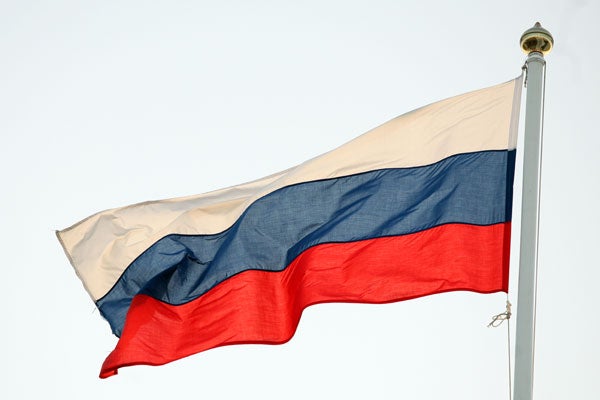Russian Arrest of U.S. Diplomat Undermines U.S.–Russian Ties
Ariel Cohen /
In a scene reminiscent of the spy thriller TV series “The Americans,” Russian FSB secret police Monday night detained and then released an alleged CIA operative, Ryan Christopher Fogle, who is a Third Secretary at U.S. Embassy Moscow. The Russian government later declared him “Persona Non Grata” (PNG) and expelled him from the country.
This, and the lack of a U.S. protest, suggests that Fogle may have been an intelligence officer. Yet, while this is a murky affair, it suggests that Russia is in no mood to revive the “reset” policy and improve relations with the Obama Administration.
- Timing. There have been Russian and American intelligence officers operating in the respective countries for the past 70 years at least. The FSB knew for a while that Fogle was an intelligence officer, and the timing of his detention is connected to the broader context of stormy U.S.–Russia relations. Specifically, the recent meeting between Secretary of State John Kerry and Foreign Minister Sergey Lavrov, where the two announced a Syria peace conference in Geneva. The incident suggests that Russia does not see reset as a viable policy and does all it can to revive the Cold War atmosphere.
- Distraction. It is also possible that this incident is an attempt to distract attention from the fact that the FSB was not forthcoming with the information about the Tsarnaev brothers that the FBI requested but never received. Had the U.S. had this information, the Tsarnaevs’ dastardly attack may not have occurred.
- Interference. Presidents Putin and Obama are about to meet at the sidelines of the G8 meeting in June and again at the G20 meeting in September. If Putin wanted to improve the relationship, most probably this arrest had a lower profile than it did.
- Props. The FSB alleged that Fogle was carrying two wigs, blond and dark; a compass; an English-language Moscow street guide; and, most importantly, bizarre instructions in broken Russian for the alleged recruitment target (who turned out to be a Russian counter-intelligence officer). The U.S. did not allege so far that these props were planted.
- Communications. It is unlikely that the CIA—if it was the CIA—would communicate on Gmail from an Internet café about the target recruit’s activities in the Russian secret services, as the instruction sheet that Fogle carried for the recruit suggested.
- Supposed Promise. A promise by the alleged American handlers—in writing— that stated “up to $1,000,000 compensation” for a long-term cooperation is also unlikely.
- Missed Tail. An alleged CIA officer’s failure to spot a “tail” en route to meet with his Russian recruitment target is unlucky or suggests a low level of professionalism.
Let’s try and connect the dots. Russia decided to make a mountain out of a routine espionage molehill. Unless those who conducted the arrest wanted to attract attention to themselves, to their “heroic acts protecting the Motherland,” there was no need to make so much noise.
It would have been sufficient to quietly notify the U.S. Embassy and the State Department to call back the diplomat. The FSB decided to make a splash, and the Russian state-controlled TV channels played along. They wouldn’t be doing that without the green light from the Kremlin.
Since Presidents Vladimir Putin and Obama are about to meet at the sidelines of the G8 summit and the G20 meeting, the Kremlin could have improved the U.S.–Russia relationship by giving this arrest a lower profile than it did.
This incident makes sure that the reset remains as dead as a doornail. No surprises there. A week after John Kerry’s visit to Moscow, we are back to a mini-Cold War, courtesy of the Kremlin and the FSB.

